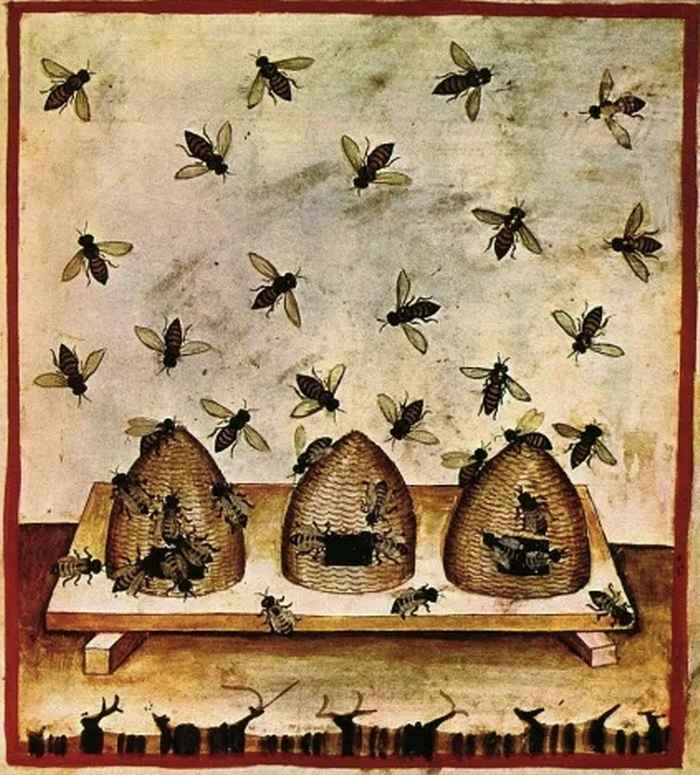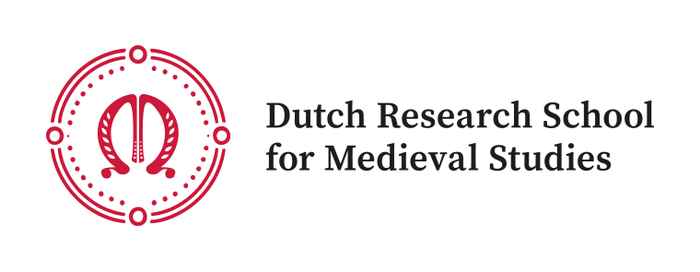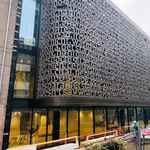Lecture and Masterclass Alexandra Sapoznik
Connecting economic and environmental histories in the pre-modern world
- Start date
- 12 May 2025
- End date
- 13 May 2025
- Time
- 16:00
- Location
- University Library
- Room
- Potgieterzaal

Lecture, 12 May, 16.00-18.00, Potgieterzaal, UB, Singel 425
Economic and Cultural Connections within Mediterranean Ecosystems. Coral, honey, citrus, and cheese
Spanning 2500 miles, encompassing over 3000 islands, and connecting the worlds of the Atlantic and Indian Oceans, in the Middle Ages the Mediterranean was a place of tremendous traffic in people, goods and ideas. The Mediterranean was home to Muslims, Jews, Christians, to diverse ethnicities, languages, and political entities spread across innumerable landscapes and seascapes - on land inhabiting a shared biome defined by fire and resistance to it, and encompassing a sea of enormous biodiversity, in a complex and dynamic ecosystem. The later Middle Ages were also a period of population pressure, settlement expansion and intense resource extraction, set against a background of significant climate change. This paper presents initial findings of ‘ECOMEDS: Economic and cultural connections within Mediterranean ecosystems, c.1250-1550’ (UKRI Frontier Research Grant, formerly ERC), which takes four indicative Mediterranean commodities—coral, honey, citrus, and cheese—through which to interrogate interconnections between economy, environment and culture in the later Middle Ages.
Alexandra Sapoznik is Reader in Late Medieval History at King's College London. From 2018-2021 she was Principal Investigator of the Leverhulme Research Project ‘Bees in the medieval world: Economic, environmental and cultural perspectives’. From 2024 she is Principal Investigator of ‘ECOMEDS: Economic and cultural connections within Mediterranean Ecosystems’, selected by the European Research Council and funded by the UKRI under the Horizon Europe guarantee.
Her research interests lie at the intersection of economy, environment, culture and society with a focus on late medieval Britain and Europe. She has published on topics including agricultural productivity, technological innovation, food security and standards of living. She led an expansive study of the economic and cultural role of the honeybee in the Middle Ages, exploring the impact of climate change, religious culture, and the development of networks of exchange across late medieval Europe from the far north to the southern coasts of the Mediterranean. Her current project builds on these themes through a study of commodity trade in the Mediterranean.
Masterclass, 13 May, 15.00-18.00, Vondelzaal, UB, Singel 425
Connecting economic and environmental histories in the pre-modern world
This Masterclass aims to bring together junior academics (early-stage post-docs, PhD Candidates, ResMA students) who are working in fields of Mediterranean history (Antiquity to the early modern period), medieval economic history, medieval archaeology, environmental histories and environmental humanities.
Format
The masterclass is structured around the discussion of 4 to 8 pre-circulated papers (draft chapters, working papers, or provisional texts you want to turn into an article). Alexandra Sapoznik will co-ordinate the discussion and provide individual feedback. All participants are expected to have read each other’s paper in advance and give a short oral presentation of their submission, including information about its context and potential publication plans.
Applications
Interested early career researchers should send a one-page CV, a text of around 5-6000 words, and a 250-word abstract of the paper (all in English) to the organiser, Prof. Serena Ferente (s.ferente@uva.nl) by 29 April 2025, 13.00. Selected participants are expected to attend both the lecture and the masterclass.
This event is co-financed by the Amsterdam School of Historical Studies and Onderzoekschool Mediëvistiek.

